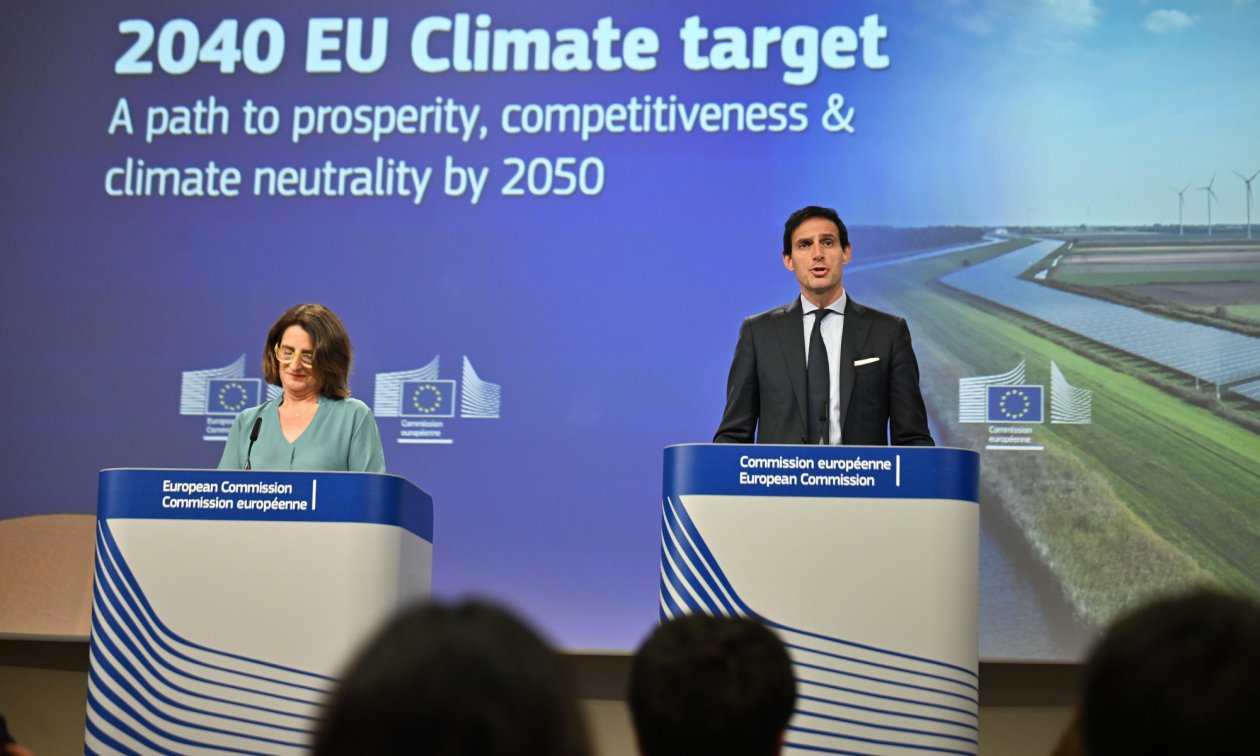Recent developments suggest that the U.S. federal government’s oversight over Washington, D.C.’s police force is set to expire soon, reigniting debates over autonomy, democracy, and federalism. The situation underscores growing friction between local governance and national political influence.
The federal takeover, initiated under an emergency order, placed local law enforcement operations under increased national oversight. As that order approaches expiration, the National Guard presence in the district remains substantial, though potentially temporary. Meanwhile, Congress is considering legislation that would reduce D.C.’s autonomy, particularly concerning policing and district governance.
Supporters of maintaining federal oversight argue national security concerns necessitate it, pointing to recent protests, high profile events, or perceived instances of disorder. Critics, however, view the encroachment as an affront to democratic norms. These include those who say of local governance being undermined, especially for Black and oppressed communities whose voices are disproportionately represented at the local level.
Legal experts warn of precedent. If Congress enacts laws to reduce the power of local officials over policing, or impose federal control, it could shift the balance in U.S. intergovernmental relations and raise constitutional questions. The District of Columbia has a unique status; it is under Congressional authority already, but practical local control has been deeply rooted in policing, elections, and civic administration. These developments threaten to reshape how local and federal powers interact going forward.
Local elected officials, including the mayor and city council, oppose the proposed reductions in autonomy, arguing that residents’ voices are essential to decisions about policing, public safety, and civil liberties. Several civil rights groups also oppose any legislation that could reduce local accountability or shift oversight away from the community.
Meanwhile, national political dynamics are intensifying. Federal legislators pushing for greater national control frame the issue in terms of law and order, responding to concerns around crime, protests, and dissent. Others oppose the move as part of broader fears about centralization of power, especially under current administrations seeking greater control over state or local institutions.
As the deadline for the expiration of the emergency order draws near, both sides are mobilizing—public hearings, legal challenges, and media campaigns are underway. Observers caution that the outcome may have ripple effects for other U.S. cities or jurisdictions, particularly where federal or state interference in local governance is contested.




